Guitar Hero II ISO - PS2

Platform:
PlayStation 2
PlayStation 2
Release date:
2006-11-07
2006-11-07
Genre:
Action
Action
Publisher:
Activision Publishing, Inc.
Activision Publishing, Inc.
Developer:
Harmonix Music Systems, Inc.
Harmonix Music Systems, Inc.
8.8
Score
How to Play
Download the files from the link above and if you need to decompress any files in formats like .7z, .zip, or .rar, use a decompression program such as 7-Zip.
You can open or install game files using the emulator suitable for PlayStation 2.
Recommended Emulator: PCSX2, a highly compatible and feature-rich PS2 emulator.
BIOS files are available on emulation.gametechwiki.
BIOS files are available on emulation.gametechwiki.
Game Files Information
Torrent Name:
Guitar Hero II (USA)
Guitar Hero II (USA)
Region:
USA
USA
Files Size:
2.9GiB
2.9GiB
File List:
- /Guitar Hero II (USA)/Guitar Hero II (USA).7z







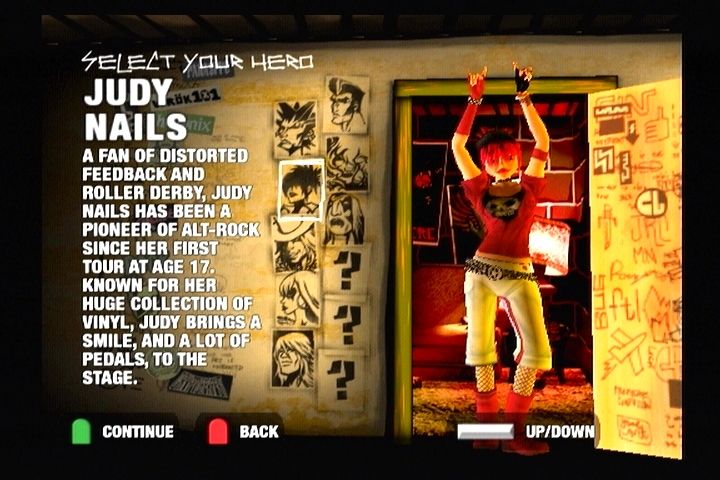
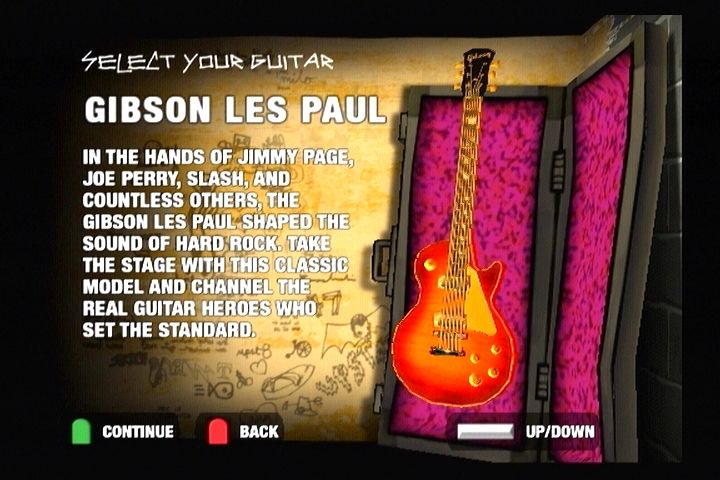
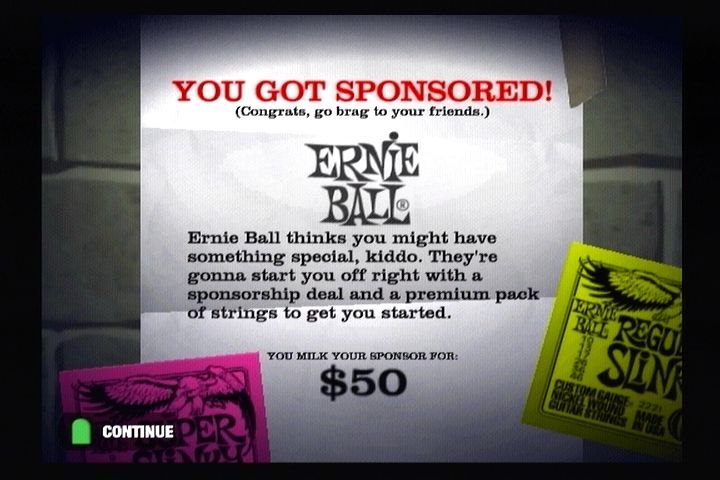
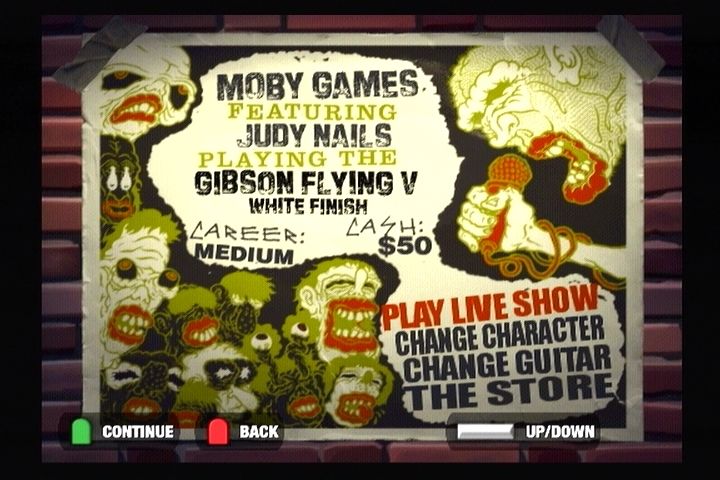
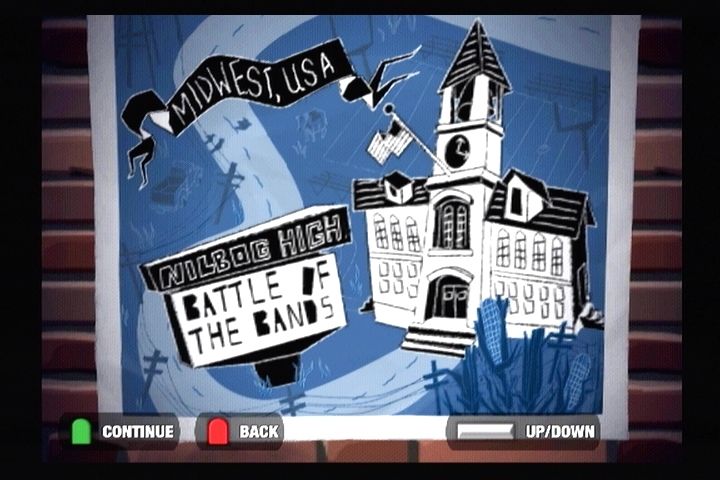
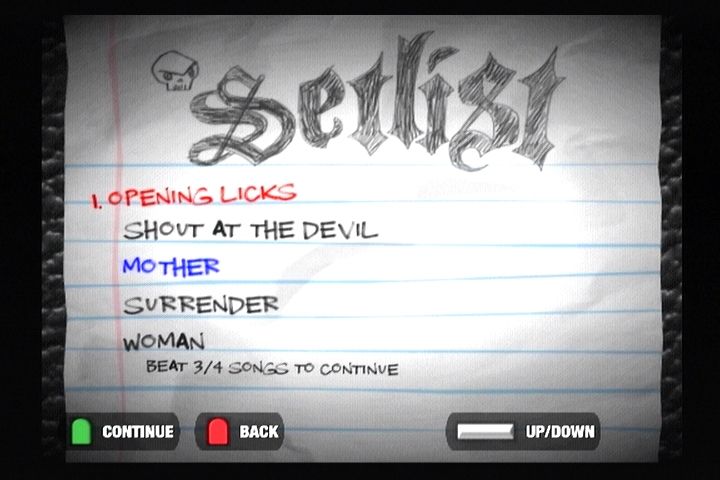
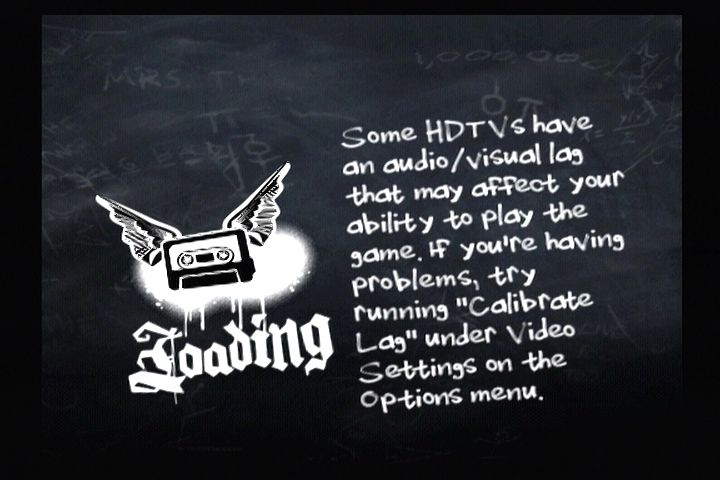
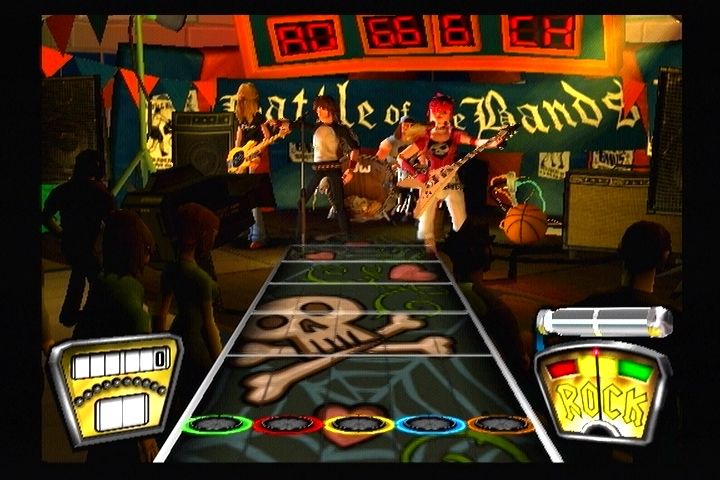
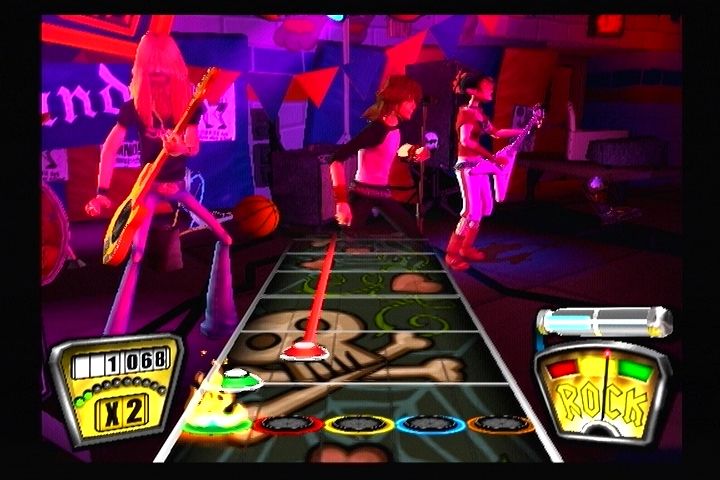
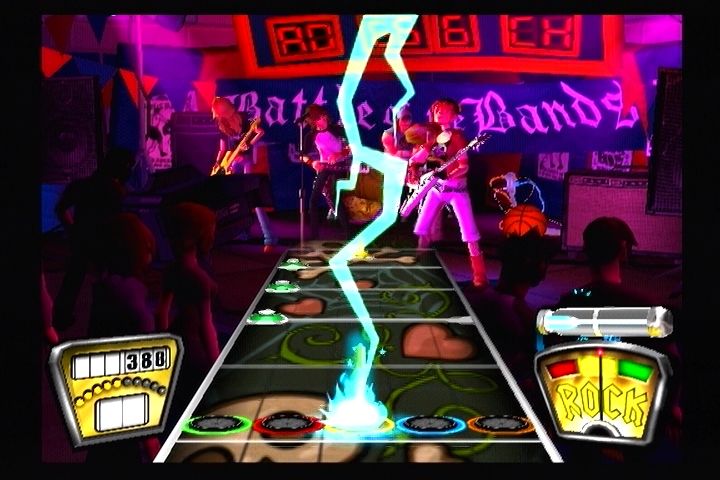
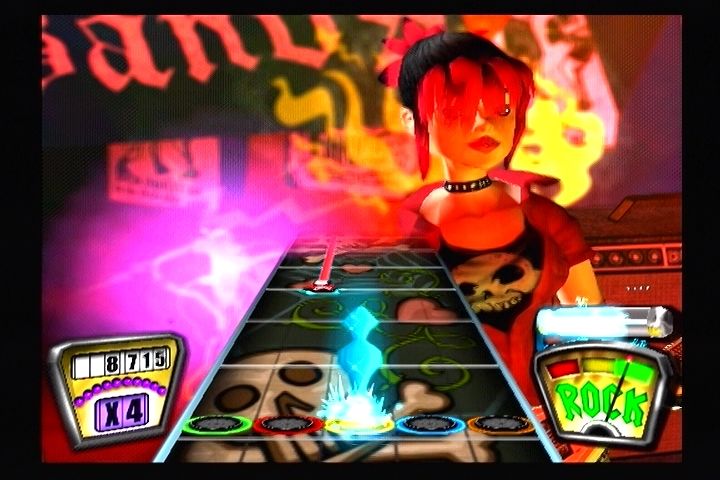
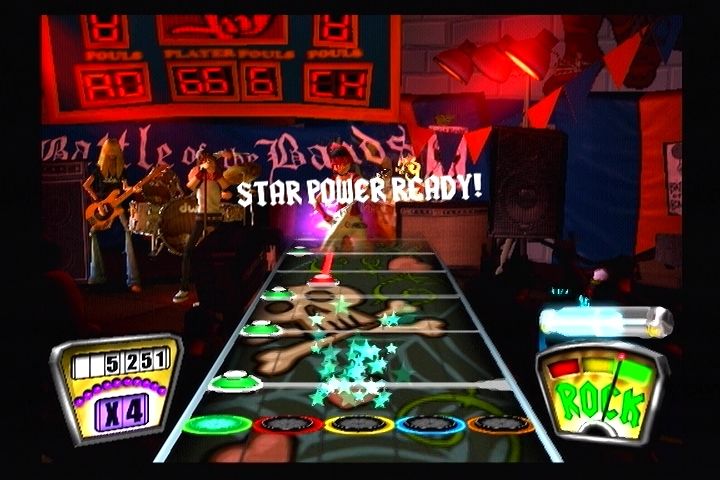
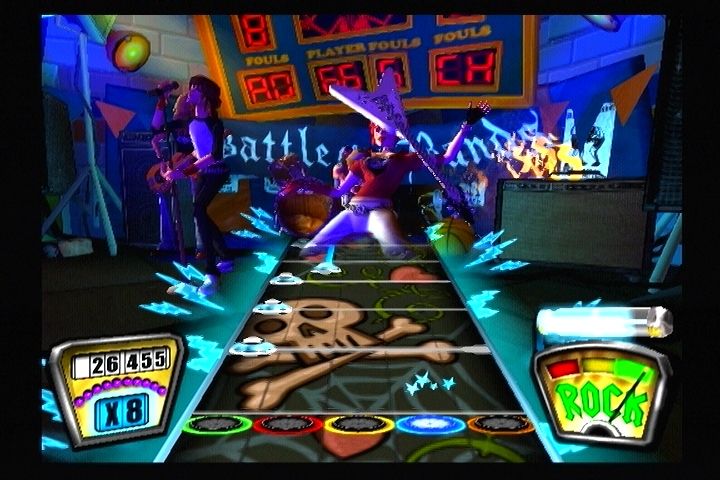
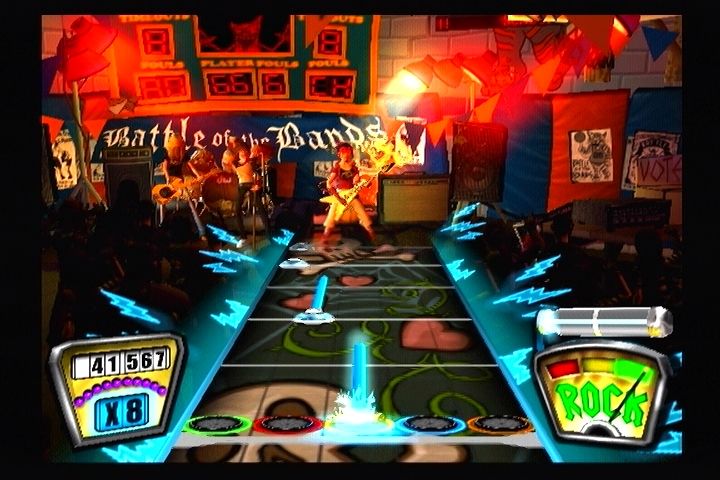
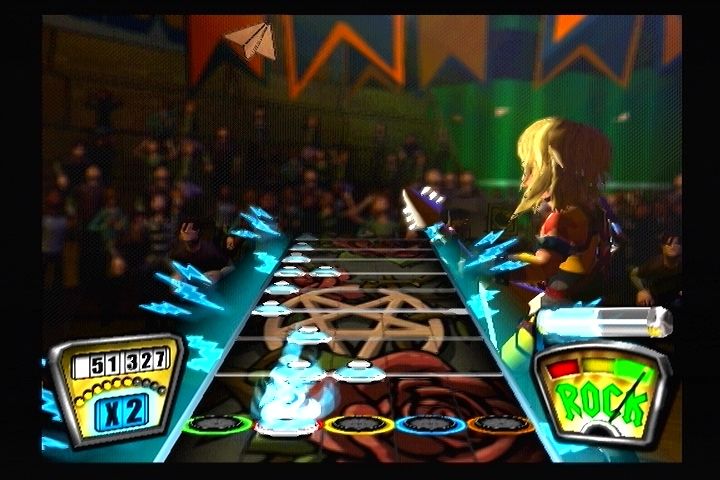
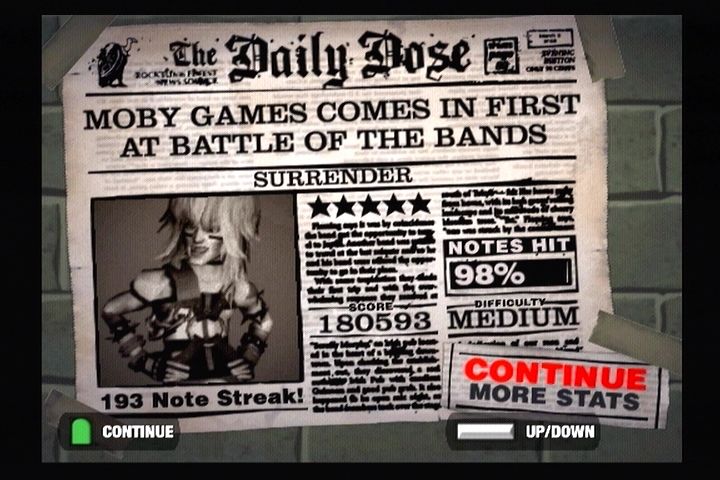
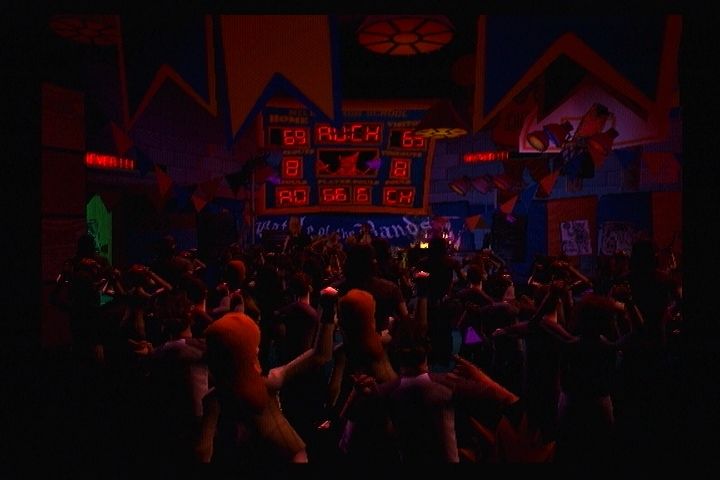
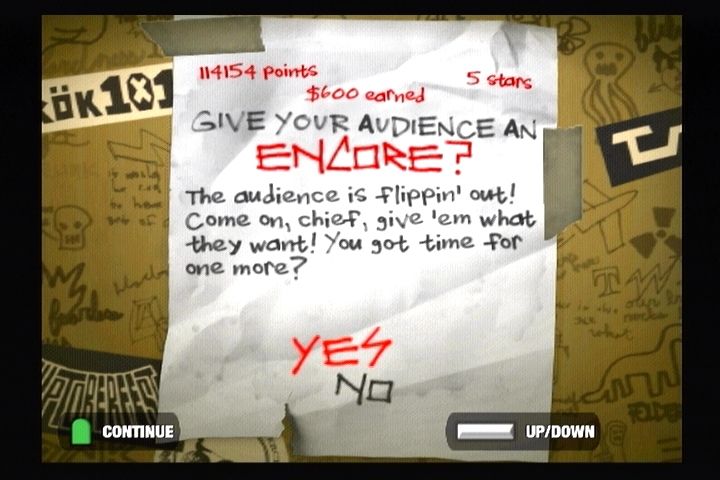
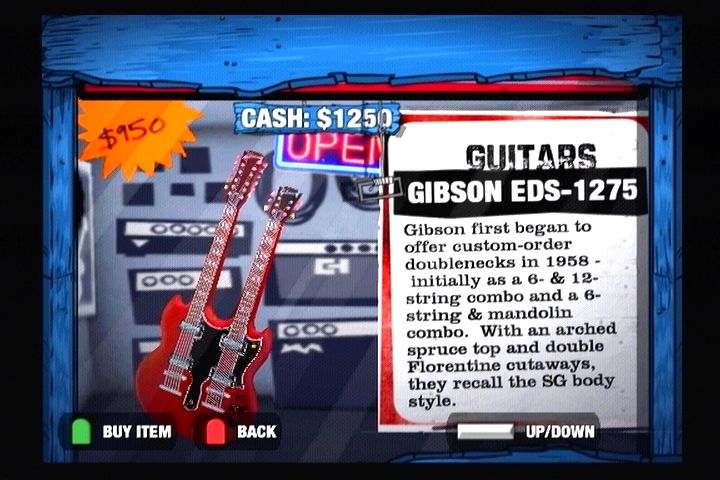
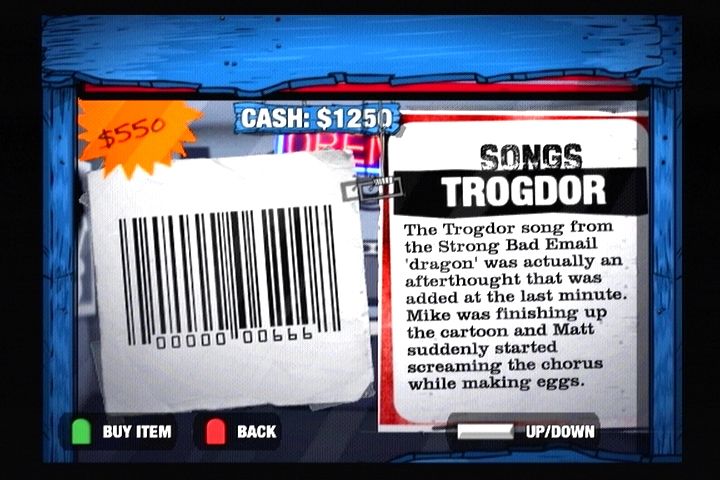
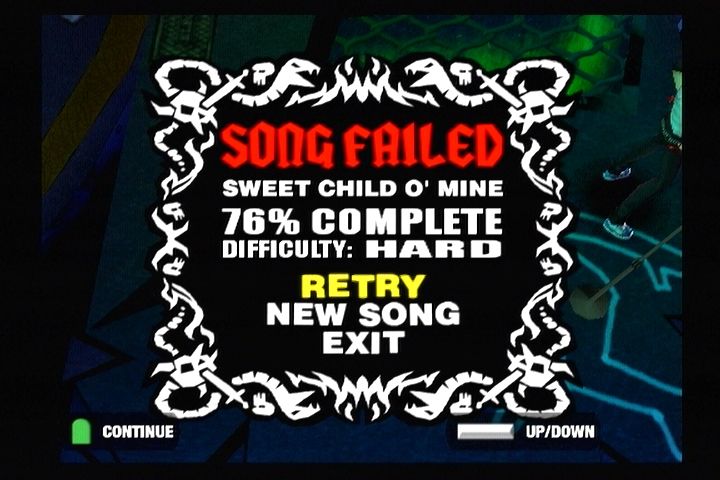
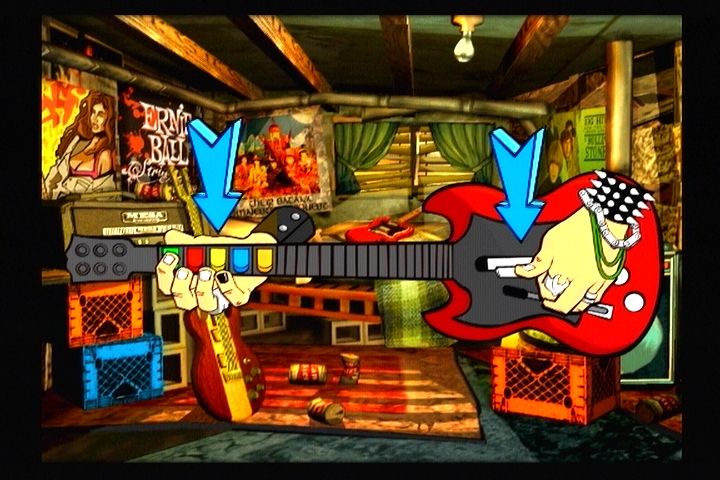
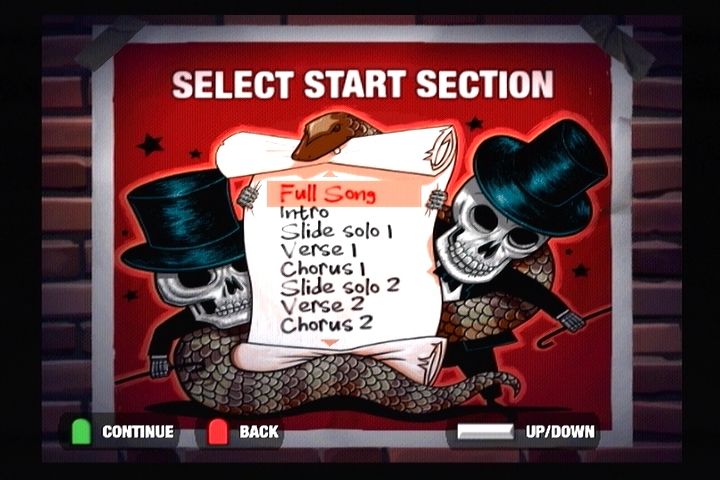
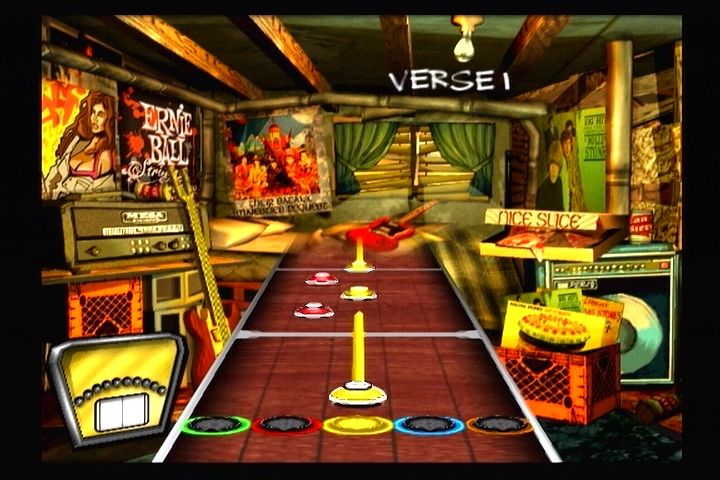








Comments